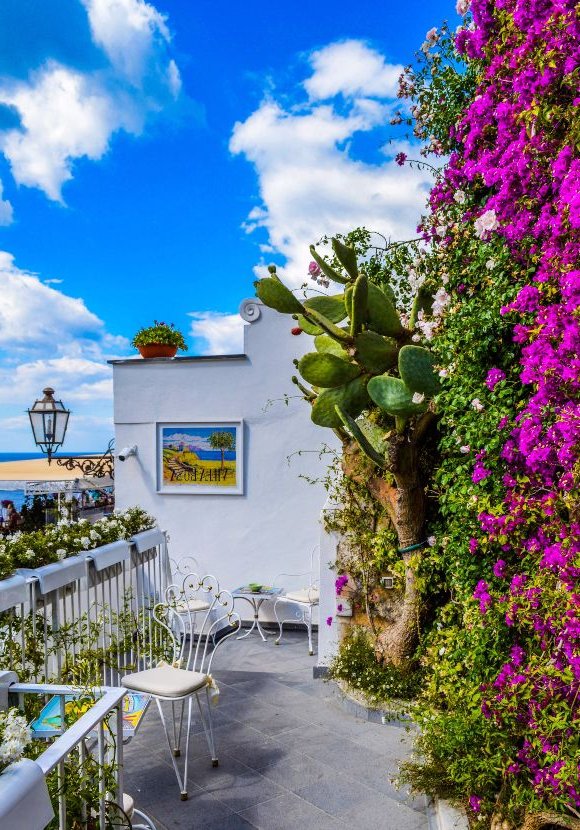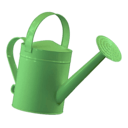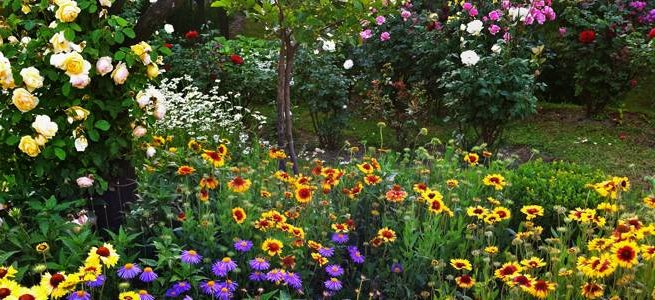Tips for setting up an organic garden
Enjoying the charm of nature in the privacy of the home is an added value for any building. Yes, having a garden provides extra space. But beyond the feeling of freedom, it is a good way to bet on the environment. Having an ecological garden differs, to some extent, from traditional landscape architecture. The presence of vegetation is essential. But there is more. The ecofriendly approach will determine aspects such as the distribution, the choice of plants or materials, among others.
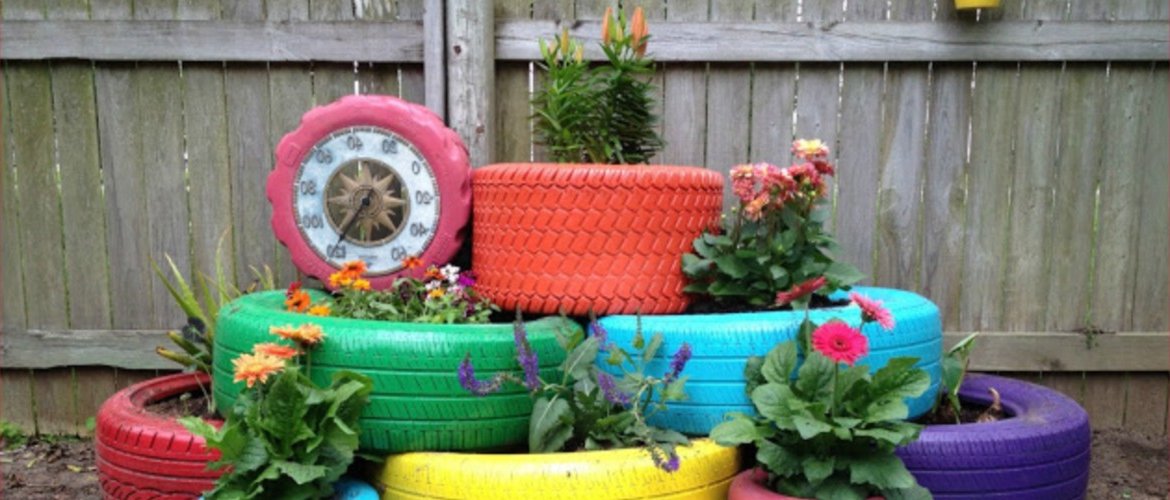
Outdoor spaces offer a chance to connect with nature. The experience can be elevated to another level by following a few basic tips for setting up an organic garden
Organic seeds, that is, those that have not undergone genetic alterations, are a good starting point. In any case, the ideal is to go for native plants. They may not be the most popular, but they offer multiple advantages.
Not only will they be better adapted to the climate or soil type. They will also require less care. The result will be savings in the cost of garden maintenance.
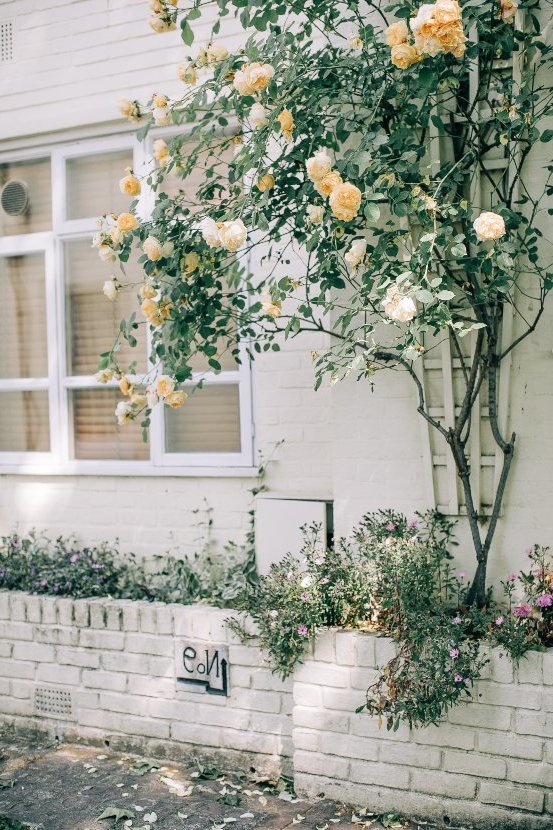
Environmental awareness is very present in the design of an ecological garden. When installing an irrigation system should opt for those that allow you to save resources.
It is not only a question of reducing the water bill, but also of using only the water that is strictly necessary. Drip irrigation systems are the most recommended. It is also important to choose the best time to water. Ideally in the morning or at sunset.
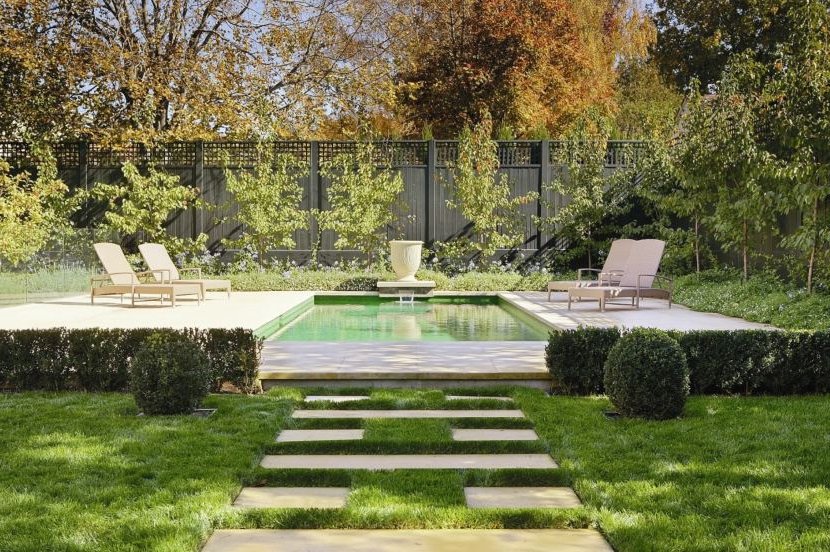
Another tip for setting up an ecological garden is to have a system to recover rainwater. Depending on the time of year it can be more or less substantial. In any case, it will be beneficial for your garden and your pocket.
You will find commercial systems on the market. However, you can also make one yourself. Simply place a container under the roof gutters and wait for the weather to do the rest.
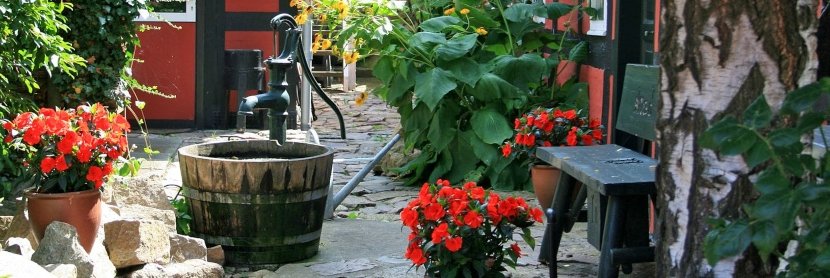
Organic fertilizers are another must for an organic garden. You can make them yourself or go to a specialized store. Manure, worm humus, natural rooting with lentils, banana tea, eggshells.... There is a wide range of alternatives to chemicals.
And the same with natural pesticides. Nettle tea, an infusion of chopped tomato leaves, onions liquefied with water.... These and other solutions may be all your plants need. With them you will keep unwanted insects away.
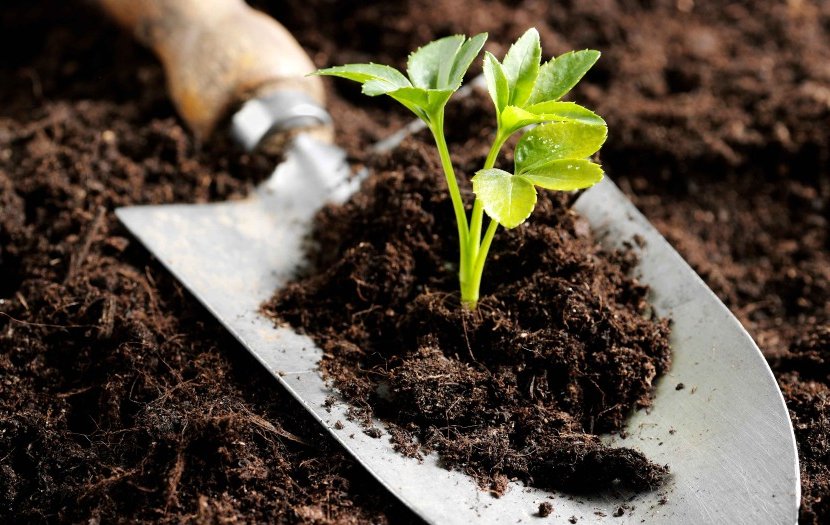
Before even getting to the stage of fertilizing or protecting your plants, you have to think about planting. Biodegradable pots are ideal for an ecological garden. Over time they decompose and become part of the soil as organic matter.
In addition to being an ecofriendly solution, they are perfect for avoiding complications when transplanting your flowers.
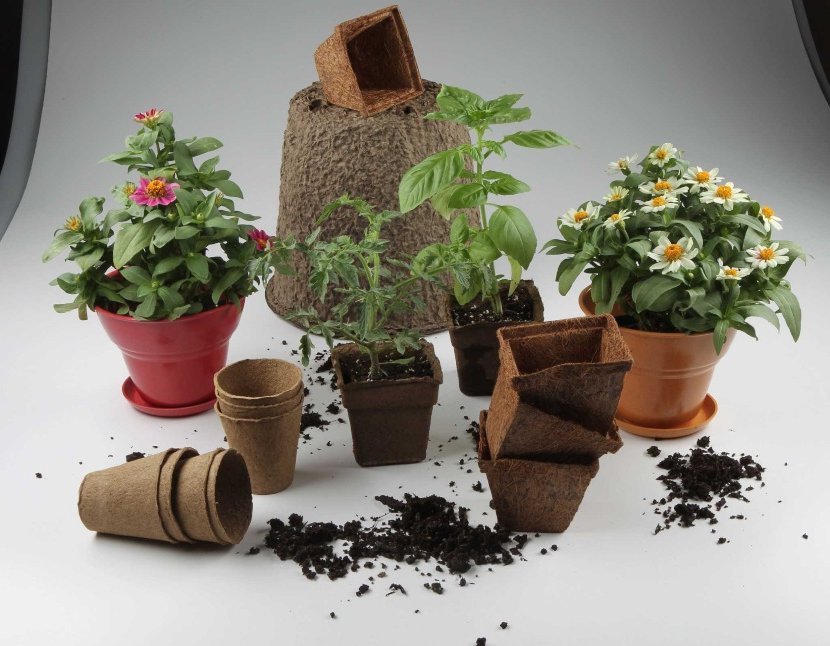
The vast majority of the waste we generate are great allies to enrich the plants. This is a key issue for the design and execution of an ecological garden. Not surprisingly, these spaces advocate respect for the environment.
Composting garbage is a great way to reduce our ecological footprint while improving the health of the garden.
There are currently many groups and administrations that organize composting workshops. There are even cities with municipal compost bins to give another use to waste.
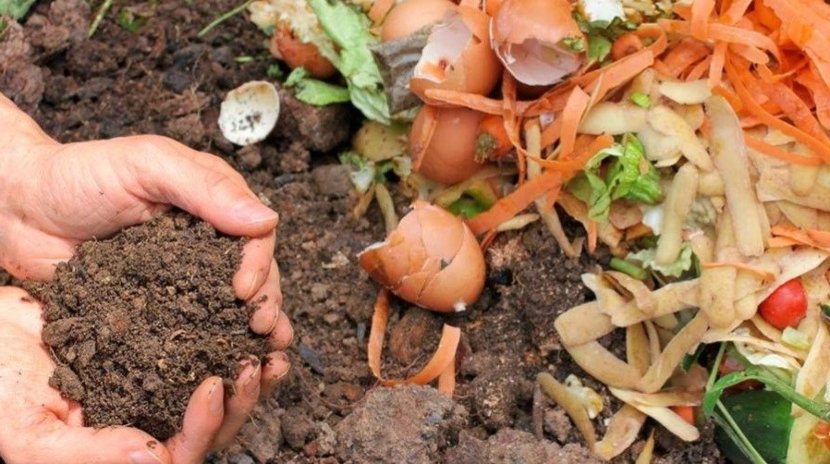
Urban gardens are in fashion. They are also very much in line with the mantras of this type of space. Any ecological garden should include a space to grow our own food. If, in addition, you are passionate about traditional medicine or aromatic species, you can also include them in your garden.
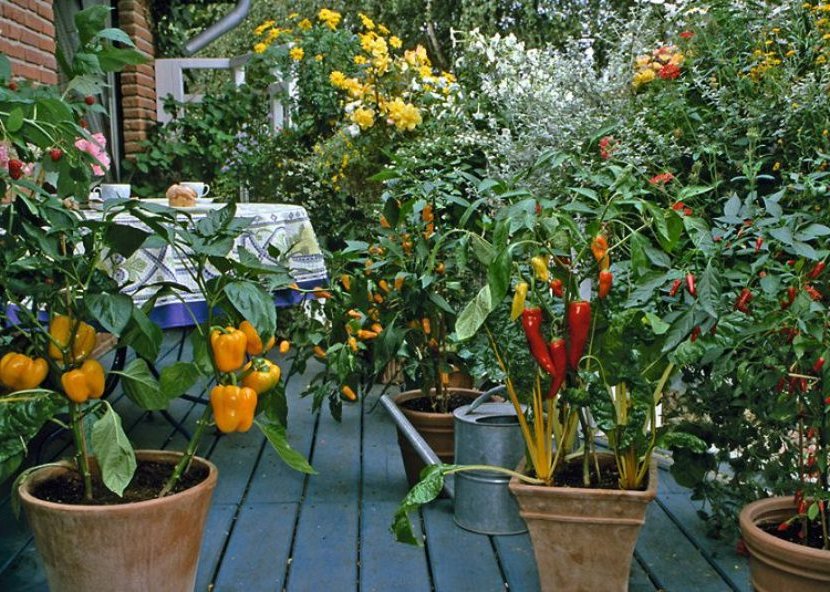
In the catalog of tips for setting up an organic garden can not miss a point referring to the distribution. Each species has its own needs. Group them in such a way that you can optimize to the maximum both the irrigation and the areas of sun and shade.
